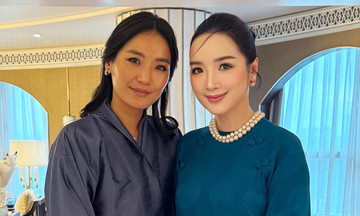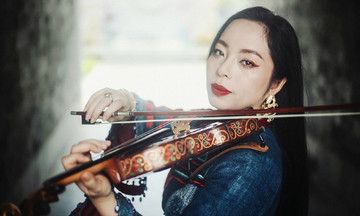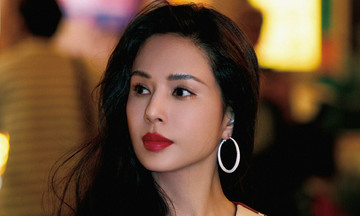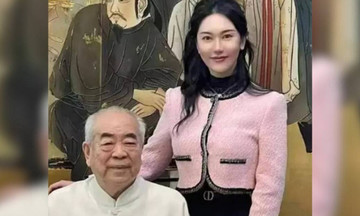* This article contains spoilers
Directed by South Korean director Ahn Gil Ho, known for the hit series The Glory, this adaptation is based on the webtoon of the same name by Sung So Jak. The protagonist, Misa (played by Koshiba Fuka), battles terminal cancer while grappling with the discovery of her husband's infidelity with her best friend. The tragedy escalates when she is murdered while witnessing their affair.
Misa awakens to find herself transported back in time to before her marriage. With her memories intact, she resolves to alter her fate by orchestrating a plan for her best friend to marry her former husband. During this process, Misa encounters her department head, Wataru (Satoh Takeru). His timely appearances whenever Misa faces danger gradually reveal a connection between them.
According to Elle, the Japanese adaptation retains the core storyline but distinguishes itself through its focus on internal struggles. While the Korean version leans towards intense drama, this version opts for a slower pace, allowing viewers to empathize with the character's loneliness, confusion, and yearning for love.
Wataru is not the typical "perfect" male lead but rather awkward in social interactions. He appears when Misa needs him, offering a comforting presence and empathetic gaze. Meanwhile, Misa grapples with her desire for revenge and feelings of guilt, unable to fully transform despite being given a second chance.
The Japanese adaptation presents a more nuanced portrayal of the antagonist. Throughout the series, the production team depicts Reina, Misa's best friend, not simply as a villain but as a lonely individual seeking validation. The script explores the multifaceted psychology of the ex-husband, Tomoya, revealing his emotional wounds and distorted understanding of love.
Details of time and past events reflect Japanese culture. The series incorporates familiar themes such as the bubble tea craze, the pandemic, and the animated film Your Name, creating a sense of connection with domestic viewers while maintaining the story's universal appeal.
The settings range from traditional confectionery shops and vineyards to narrow streets, showcasing the beauty of Japan's four seasons. Details like friendship bracelets, French-style cafes, Shine Muscat grapes, and warm glasses of whisky create a nostalgic and poetic atmosphere.
The acting is a highlight, particularly from the two leads, Satoh Takeru and Koshiba Fuka. They create a compelling emotional connection, enhancing each other's characters. Satoh Takeru portrays a warm figure with unspoken affection for Misa. Koshiba Fuka embodies a gentle demeanor, effectively conveying the pain of betrayal.
In the first episode, Satoh's character, Suzuki Wataru, delivers a striking line: "Do you know why you attract so many bad people? It’s not because you're a good person. It’s because you’re gullible. If bad people approach, normal people become wary and avoid them. Anyone with good judgment can tell. But you still welcome bad people."
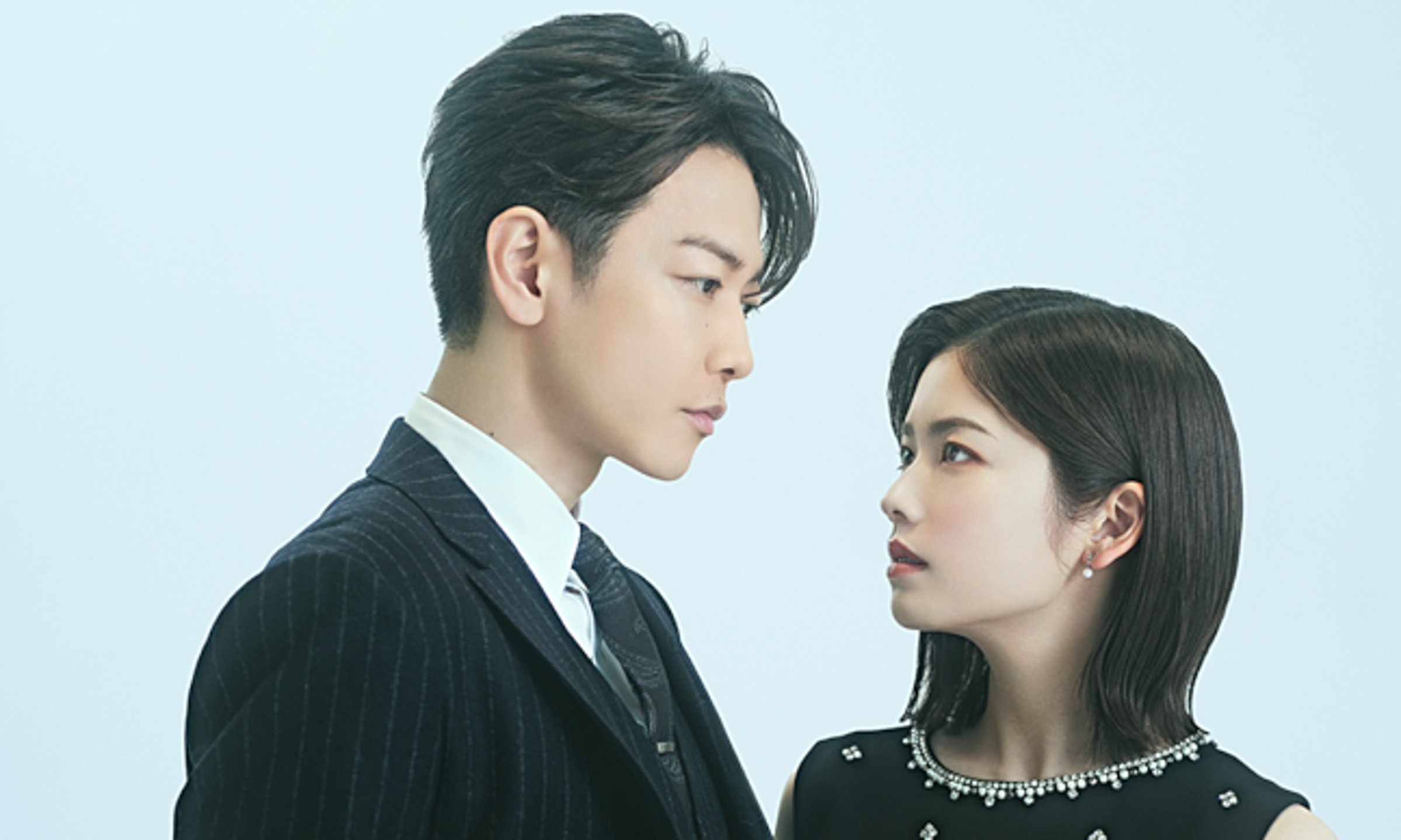 |
Lead actors Koshiba Fuka (right) and Satoh Takeru. Photo: Amazon Prime Video |
Lead actors Koshiba Fuka (right) and Satoh Takeru. Photo: Amazon Prime Video
On online film forums, one viewer commented, "The series doesn't rely on shocking twists or turns. What impressed me was the genuine acting and coherent storytelling. The protagonist's life isn't solely about revenge; it prompts viewers to reflect on whether they're wasting time on toxic relationships."
Another viewer remarked, "In the Korean version, the male lead had limited screen time and character development, making him seem like a supporting character. However, this time, the director devotes more time to exploring his role."
According to Korea Joongang Daily on 31/7, the series became the most-watched television show on Amazon Prime Video in Japan. Since its release in late June, it has remained in the domestic top 10 for several consecutive weeks. According to FlixPatrol data, within 30 days of release, the project received positive reviews, achieving a 4.3/5-star rating on Amazon Prime Video, and resonated with audiences in France, Australia, Mexico, Brazil, Vietnam, and China.
Que Chi







